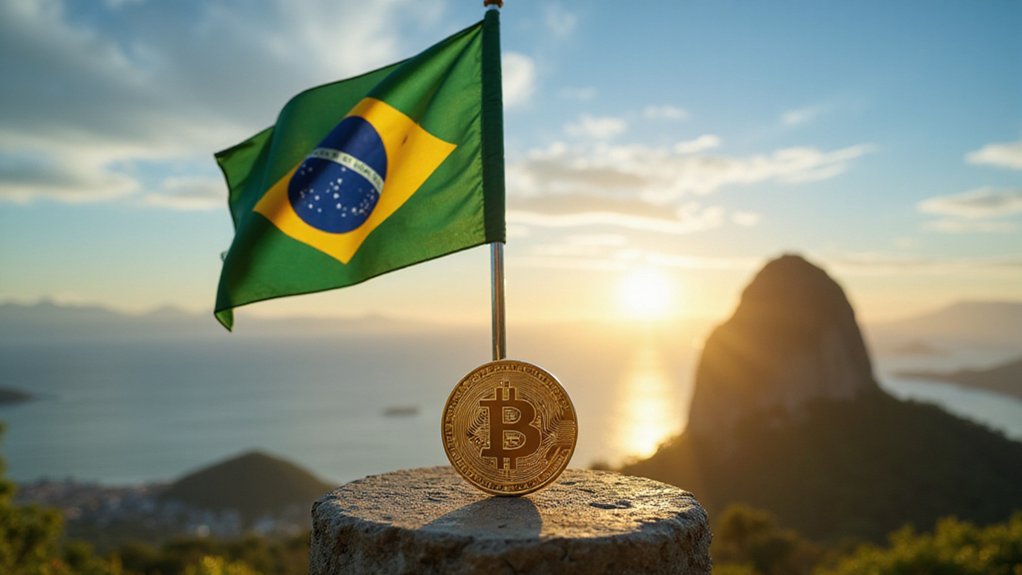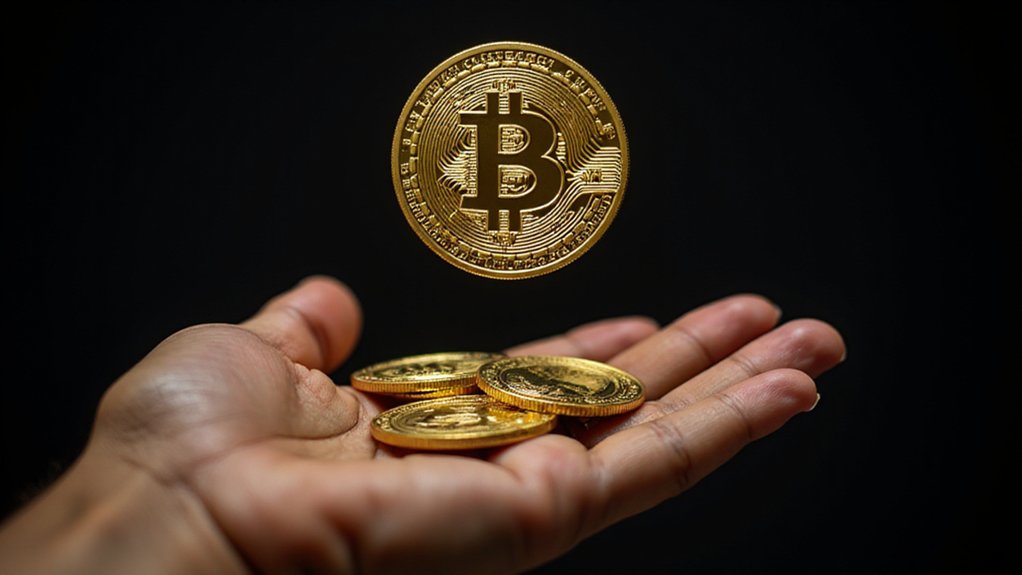In a move that would transform Brazil from cryptocurrency observer to potential global Bitcoin heavyweight, Latin America’s largest economy is seriously considering allocating up to 5% of its substantial $300-341 billion foreign reserves—roughly $15-17 billion—to Bitcoin through proposed legislation that has advanced to its first official public hearing this August.
Bill 4.501/2024, proposed by Deputy Eros Biondini and championed by Federal Deputy Luiz Philippe de Orleans e Bragança, represents more than financial diversification theater. The legislation would position Brazil as the world’s largest sovereign Bitcoin holder, dwarfing El Salvador’s pioneering but comparatively modest holdings.
The strategic rationale extends beyond mere portfolio hedging; proponents argue Bitcoin serves as digital gold against currency debasement and geopolitical volatility—a particularly compelling narrative given recent global monetary turbulence.
The August 20th Chamber of Deputies hearing in Brasília promises genuine institutional scrutiny, featuring Central Bank officials, Ministry of Finance representatives, fintech executives, and crypto advocates. This marks Brazil’s first major governmental forum openly debating Bitcoin’s role in national reserves, signaling serious legislative intent rather than political posturing.
Timing proves fortuitous: Bitcoin recently surpassed $123,000 while ETFs recorded over $1 billion in July inflows, demonstrating institutional confidence that Brazilian policymakers certainly notice. The proposal aligns with global trends as major economies—including the United States and China—explore sovereign cryptocurrency reserves, though Brazil’s scale would establish unprecedented precedent. Brazil has already developed one of the most advanced crypto landscapes in the Americas, having approved multiple spot cryptocurrency ETFs including innovative products like FOMO11, DEFI11, and HASH11.
Economic implications extend beyond balance sheet diversification. The initiative aims to catalyze domestic blockchain development and integrate Brazil into decentralized finance ecosystems, potentially enhancing financial sovereignty while reducing dependence on traditional fiat reserves. Unlike traditional finance’s intermediation model, DeFi offers global accessibility and significantly reduced transaction fees, making it an attractive option for nations seeking financial innovation. Bitcoin’s inflation hedge characteristics appeal to a nation familiar with monetary instability.
Political dynamics remain complex. Pro-crypto lawmakers frame the initiative as forward-looking economic strategy, while central bank skeptics emphasize volatility concerns and systemic risks. The Ministry of Finance maintains cautious neutrality pending thorough analysis.
Should the legislation advance, Treasury implementation would commence Bitcoin acquisitions, fundamentally altering Brazil’s reserve composition. Whether this gambit proves visionary diversification or expensive speculation depends largely on Bitcoin’s continued institutional adoption—and Brazil’s willingness to embrace cryptocurrency’s inherent uncertainty as sovereign policy.





